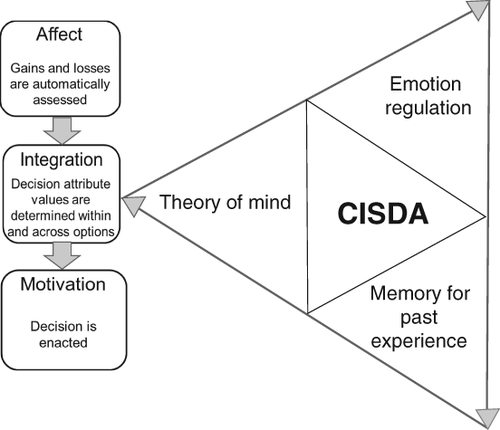
New publication alert in the Journal of Gerontology: Psychological Sciences. The paper, “Facial trustworthiness perceptions across the adult lifespan” led by Didem Pehlivanoglu, describes the impact of perceiver and facial characteristics on facial trustworthiness perception across adulthood. The project included collaboration across five universities and two countries: University of Florida (Pehlivanoglu, Lin, Heemskerk, Harber, Ebner), University of Central Florida (Lighthall), University of Arizona (Wilson), York University (Turner), and McGill University (Spreng).
The study yielded three key results. First, on an aggregated level, facial trustworthiness perception did not differ by perceiver age. Second, all perceivers rated young faces as the most trustworthy, and middle-aged and older (but not young) perceivers rated older faces as least trustworthy. Third, facial emotions signaling threat (fear, anger, and disgust) relative to neutral, happy, and sad expressions moderated age effects on facial trustworthiness perception.



